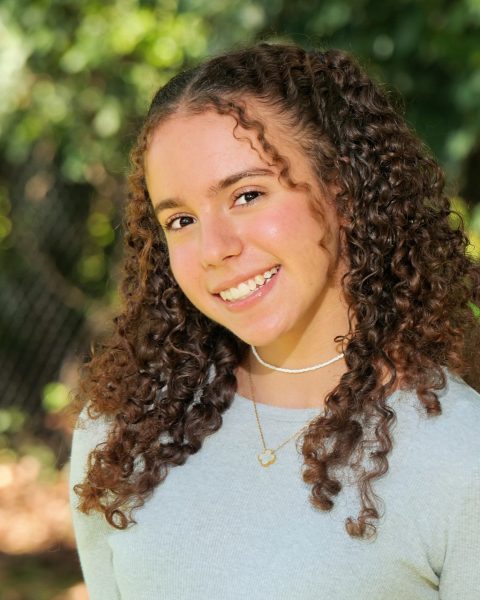When selecting my courses for the upcoming 2024-2025 school year, I was excited to find a variety to choose from, including Anatomy, a core science. Yet, to my disappointment, Anatomy is not offered at the advanced level, the level at which I usually take my science classes. Therefore, I chose not to take it even though it was the science I am the most interested in.
From my experience, classes at the advanced level aim to challenge students with more complex material, provide less teacher support and assign larger workloads. Conversely, classes at the Enriched College Prep (ECP) level aim to help students build and develop skills for deeper analysis with more guidance and step-by-step processes.
Though most classes at CESJDS are offered at both levels, there are few classes, such as Anatomy and Great Jewish Thinkers, that only have ECP placement, and there are many classes such as Rendering Legal Decisions and Physics II that are only offered at the advanced level. To ensure that every student is able to learn subjects they are interested in at a skillset that is right for them, it is important that JDS offers all courses in both levels.
A benefit of taking advanced courses is that they boost students’ grade point averages (GPA). While students are not able to gain college credit through the CollegeBoard’s program Advanced Placement classes, advanced courses still benefit students by increasing their GPAs. When a student takes an advanced course, instead of having their GPA scaled out of four, an extra point is added, making it weigh out of five. Therefore, students who typically learn at the advanced level will most likely choose not to take courses that are not offered at the advanced level because their GPA will not benefit from it.
According to the High School Family Handbook, the school wants to provide “appropriate challenge and support for each student.” However, they are failing to fulfill this by not providing both placements for all classes.
A large reason JDS is unable to offer all courses at both levels is because of the amount of choice in the curriculum. According to High School Assistant Principal Aileen Goldstein, the larger the school and student population, the more faculty and variety of courses and levels a school is able to have. Though JDS already has a variety of courses to choose from, staff limitations also make it harder for the school to offer every course at both levels.
Though this is an understandable challenge, it is still important to give students the choice between taking grade level or advanced classes to fully demonstrate their academic abilities. JDS should prioritize offering classes with two levels instead of
trying to create more classes that they cannot offer at both levels. Not offering all courses at the ECP level takes the opportunity away from students who may be interested in a class such as Rendering Legal Decisions because it is not appropriate for their skill level.
One solution that the school is already implementing this year in Spanish V and should extend to other courses is to combine classes at both levels. This is when a course is taught at the advanced level to students in the classroom who qualify for that placement and have the class simultaneously taught in ECP for the students at that level. Though this may be difficult because of the extra work it puts on teachers, it offers a low-cost solution and is something that other schools across the country do. A class offered at both levels does not require extra staffing, and it gives students the opportunity to take the course at the level that is appropriate for them.
JDS has done a good job of offering various courses full of interesting content, both at the ECP and advanced level. However, offering all courses both in ECP and advanced will help further strengthen the school’s balance of both supporting students and challenging them through their education.








